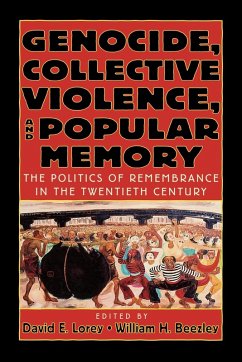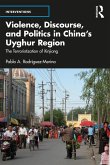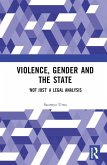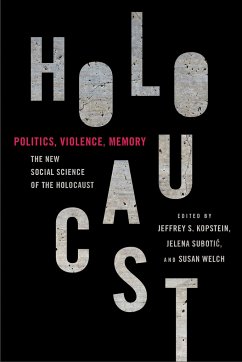How did nations and communities respond to the aftermath of genocide and collective violence in the twentieth century? How have nations sought to achieve 'reconciliation' with a legacy of state-sponsored terrorism, systematic torture and repression, massacres, mass graves, forced disappearances, and 'ethnic cleansing'? This broad-ranging collection of articles seeks to answer these questions by drawing on case studies from Africa, Asia, Latin America, and Europe. A powerful introduction to the politics of history and the cultural history of social memory, this is an ideal reader for undergraduate and graduate courses on human rights, international law, social psychology, and world history, especially the complex history of historical construction and reconstruction of a violent 'past' as part of the present. -- Brian Loveman, San Diego State University A rich and useful comparative collection of articles that tells the story of history as politics. It describes the struggle to remember and the violent attempts to repress national memory. The essays address controversial issues that will inform students and are bound to encourage animated discussion in the classroom. -- Elazar Barkan, Claremont Graduate University At a time when the World Court is investigating and punishing crimes of genocide, this book is an invaluable resource that will instruct and fascinate for years to come. The accounts from around the world are reminders of how the search for justice and for national identity are often at odds and shaped by the demands of politics and international diplomacy. Anyone interested in human rights and how nations deal with the horrors of the past will find this work an important contribution. -- Marguerite Bouvard, Brandeis University
Bitte wählen Sie Ihr Anliegen aus.
Rechnungen
Retourenschein anfordern
Bestellstatus
Storno









